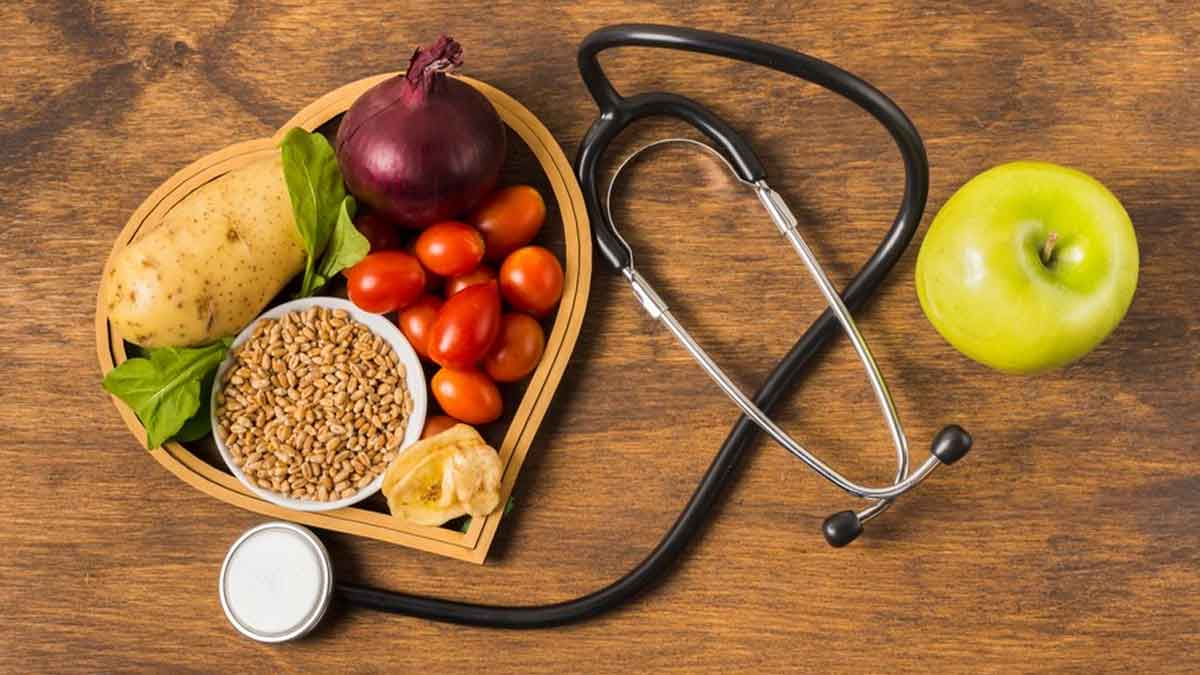
It’s not long since the holiday season got over, which is synonymous with unhealthy eating and not-so-normal drinking for all the right reasons. As per a study published by NCBI, the holidays are directly associated with a higher level of LDL cholesterol and a higher risk of hypercholesterolemia.
Table of Content:-
Cholesterol is a fatty substance produced by the liver that plays a vital role in our health. However, it is also connected to various health conditions, including heart attack and stroke, if it is present in excessive amounts. While our bodies naturally generate cholesterol, dietary choices can significantly impact cholesterol levels.
10 Superfoods To Control LDL In Winter

In the chilly winter months, maintaining a heart-healthy diet becomes even more crucial. Here are 10 superfoods to include in your winter diet to help control LDL cholesterol, according to Dr Manish Itolikar, Fortis Hospital, Mulund:
Legumes
Legumes, encompassing beans, peas, and lentils, have proven benefits in reducing LDL levels. A 2021 study revealed that daily consumption of 1 cup of beans led to significantly lower LDL levels. It is advised to consume legumes regularly instead of refined grains and processed meats for a more heart-healthy lifestyle.
Nuts
LDL cholesterol, triglycerides, and total cholesterol can be managed by regularly consuming nuts like walnuts, almonds, cashews, peanuts, and pistachios. They are also a good source of omega-3 fatty acids that are essential for heart health.
Avocados
Avocados are a rich source of monounsaturated fats and fibre, which play an important role in lowering LDL cholesterol. It is advised to incorporate them into salads, guacamole, or on toast for a decrease in LDL levels. As per a study in 2015, daily consumption of avocado leads to a visible decrease in LDL and promotes heart health.
Also Read: How To Avoid Cholesterol Spikes During The Holiday Season
Fatty Fish
Fatty fish like salmon and mackerel are a good source of omega-3 fatty acids that facilitate an increase in HDL cholesterol and a decrease in LDL cholesterol. The best way to cook fish in order to preserve its benefits and lower the risk of heart-related conditions is by steaming or stewing it, hence, it is advised to consume them in that manner.
Whole Grains
A diet with three servings of whole grains daily is linked to a 19% lower risk of heart disease as they contain beta-glucans. It is advised to opt for whole grains such as oats and barley to provide essential vitamins, minerals, and fibre for heart health.
Fruits and Berries
In order to lower bad cholesterol levels, it is advised to incorporate fruits like apples and strawberries that are rich in soluble fibres. Along with them, try including berries as well because of their antioxidant and anti-inflammatory properties.
Dark Chocolate
Dark chocolate with a cocoa content of 75–85% is believed to have the potential to lower LDL cholesterol. It is also known to contribute to cholesterol management because of the presence of compounds like polyphenols and resveratrol.
Also Read: 6 Reasons You Have A High Cholesterol That Are Not So Obvious
Soy Foods
Soybeans, as part of a heart-healthy diet, may help lower LDL and total cholesterol. Swap meat with tofu or cook with soybean oil to incorporate more soy into your meals.
Vegetables
Vegetables, rich in fibre, antioxidants, and nutrients, contribute to better LDL, HDL, and total cholesterol levels. Including more than three servings of fruits and vegetables per day can lead to improved heart health.
Garlic
Garlic, containing allicin, has been associated with lower LDL and total cholesterol. While garlic supplements may be more effective, incorporating garlic into your diet can still contribute to heart health.
In addition to these superfoods, consider adding tea, dark leafy greens, and extra virgin olive oil to your winter diet for comprehensive cholesterol management. While embracing these foods, maintaining a balanced and varied diet, along with regular exercise, is crucial for overall heart health. As winter sets in, make these delicious and nutritious choices to keep your cholesterol levels in check and promote a healthier heart.
Also watch this video
How we keep this article up to date:
We work with experts and keep a close eye on the latest in health and wellness. Whenever there is a new research or helpful information, we update our articles with accurate and useful advice.
Current Version